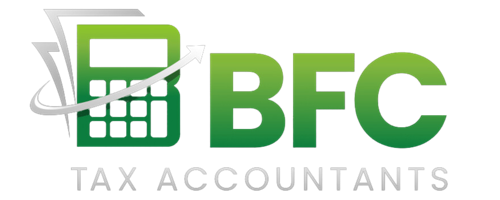Cloud accounting can be defined as completing standard accounting tasks. For example: balancing and managing books, utilizing software available on a server or an application, and deploying as-a-service model. The entire administration, users with special access and accountants are all able to manage accounts payable, accounts receivable, etc. within the application. Cloud accounting software operates via a cloud provider. They are not on a local hard drive or server. This means the user can access all tools and plugins needed via the internet. This also means accountants can be anywhere in the world and still complete tasks without being in the geographic location as the business or client.
As of February 2022, nearly 85% of companies in U.S & Canada used cloud software for accounting and streamlining their finances. Only few businesses do not feel the need to advantage of cloud accounting technology. But as all new technology, with time, sometimes in under 5 years, it becomes the new standard.
The history of Cloud Accounting
In the late 1970s, technology application developers released the first-ever accounting software. This drastically became the change in how accountants do their jobs. Digital tools that run on computers replaced paper ledgers and basic tools that helped bookkeepers crunch numbers.
Accounting software has been taking a big leap forward, moving from desktop software to cloud-based accounting systems. Just like any cloud software, these big leaps gave businesses immense flexibility while helping reduce capital expenditures, and maximizing human resources.
Clear advantages have been shown for cloud accounting over previous approaches, which is critical for the success of all organizations. It makes sense why it has become a fast-growing solution to accounting and finance.
Cloud Accounting vs. In-house Accounting: What’s the Difference?
The early systems were available only on-premises or in-house. This means they ran on the company’s accounting team’s hard drives, on a hard drive in a server that is owned and maintained by the company. For anyone who wants to use the software, a computer is needed with the proper software installed on it and/ or in close proximity of the server. Since the information was all stored locally, and not on the cloud, it was vulnerable and could be lost or damaged.
Although in-house accounting software offered significant benefits over manual solutions, like paper records, these tools couldn’t match the adaptability or versatility of cloud applications. For instance, the business was liable for overhauling the product, which could be a costly and tedious exercise. This is a critical distinction software-as-a-service (SaaS) systems, a widely used cloud tool where the product supplier deals with all upkeep and overhauls and clients pay a yearly permitting expense.
It’s worth noting that SaaS is only one kind of cloud accounting tool. Using a multi-tenant SaaS cloud accounting application, different organizations share a similar framework on the public cloud. Organizations may likewise utilize the private cloud, meaning they have servers devoted to their software instance. There are also hybrid models that use both the public and private cloud. It’s worth noting that these private clouds and hybrid deployment models present the company/ user with more responsibilities and not the provider.
How Does Cloud Accounting Work?
When it comes to cloud accounting, accountants, administrators, and chief financial officers utilize login credentials to access the system via a web browser. Any computer like a laptop, smartphone or tablet can be used for this. Sometimes the cloud provider may also have a mobile application (app) option to aid better user experience for tablets and phones.

